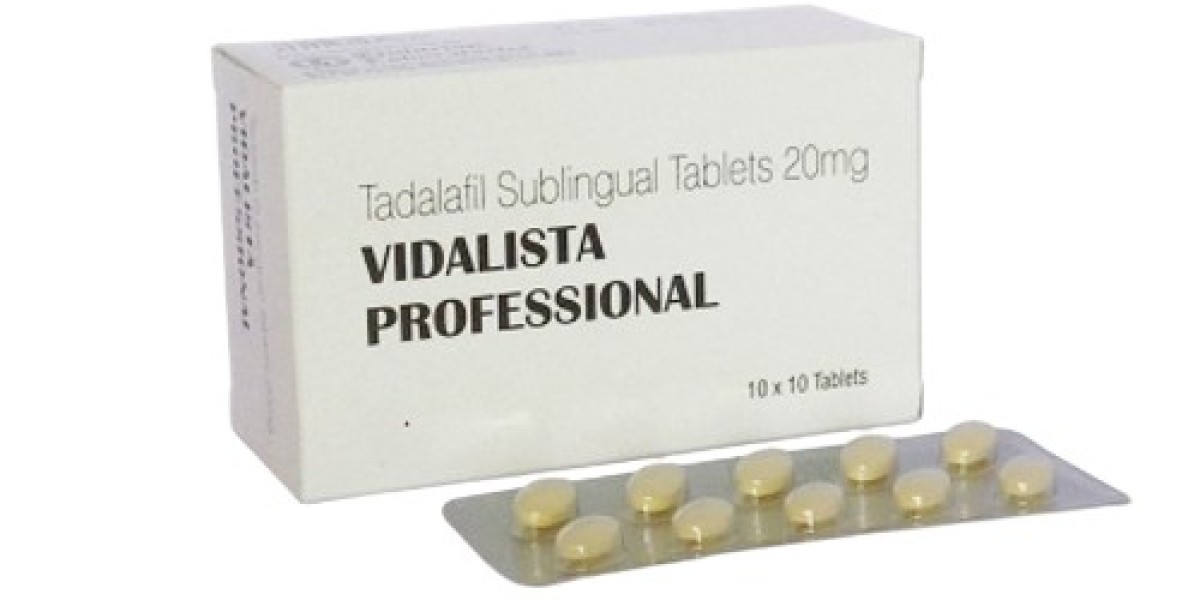Attention Deficit Hyperactivity Disorder (ADHD) is a complex neurodevelopmental condition that affects millions of individuals worldwide. Understanding ADHD care is crucial for those seeking effective management strategies. This article will explore essential techniques for managing ADHD symptoms at home, providing insights that can benefit both individuals with ADHD and their caregivers.
What is ADHD Care?
ADHD care encompasses a range of strategies aimed at helping individuals manage their symptoms effectively. These strategies can include behavioral interventions, organizational tools, and lifestyle adjustments. By understanding the nature of ADHD, caregivers can create a supportive environment that fosters success.
Key Strategies for Effective ADHD Care
- Establish Routines: Consistent daily routines can significantly help individuals with ADHD. When they know what to expect, it can reduce anxiety and improve focus.
- Utilize Organizational Tools: Tools such as planners, checklists, and timers can aid in managing tasks and responsibilities. These tools help individuals stay on track and reduce feelings of overwhelm.
- Encourage Physical Activity: Regular exercise is beneficial for managing ADHD symptoms. Physical activity can enhance mood and improve concentration.
- Implement Positive Reinforcement: Rewarding positive behavior can motivate individuals with ADHD to continue making progress. This approach fosters a sense of accomplishment.
Creating a Supportive Environment
Creating an environment conducive to ADHD care involves minimizing distractions and promoting focus. For instance, a quiet workspace free from interruptions can enhance productivity. Additionally, incorporating sensory-friendly elements, such as fidget tools, can help individuals self-regulate their attention.
Communication and Collaboration
Effective communication between caregivers and individuals with ADHD is vital. Open discussions about challenges and successes can foster a sense of teamwork. Have you considered involving teachers or therapists in this dialogue? Collaboration can lead to a more comprehensive understanding of the individual's needs and enhance the overall ADHD care experience.
When to Seek Professional Help
While many strategies can be implemented at home, there are times when professional intervention is necessary. If symptoms are significantly impacting daily life, consulting a healthcare provider specializing in ADHD may be beneficial. They can offer tailored treatment plans, which may include therapy or medication.
Conclusion
In summary, understanding ADHD care involves a multifaceted approach that includes establishing routines, utilizing organizational tools, and fostering open communication. By implementing these strategies, individuals with ADHD can navigate their daily lives more effectively. For more resources and support, consider visiting  . Remember, managing ADHD is a journey, and with the right tools and support, individuals can thrive.
. Remember, managing ADHD is a journey, and with the right tools and support, individuals can thrive.








